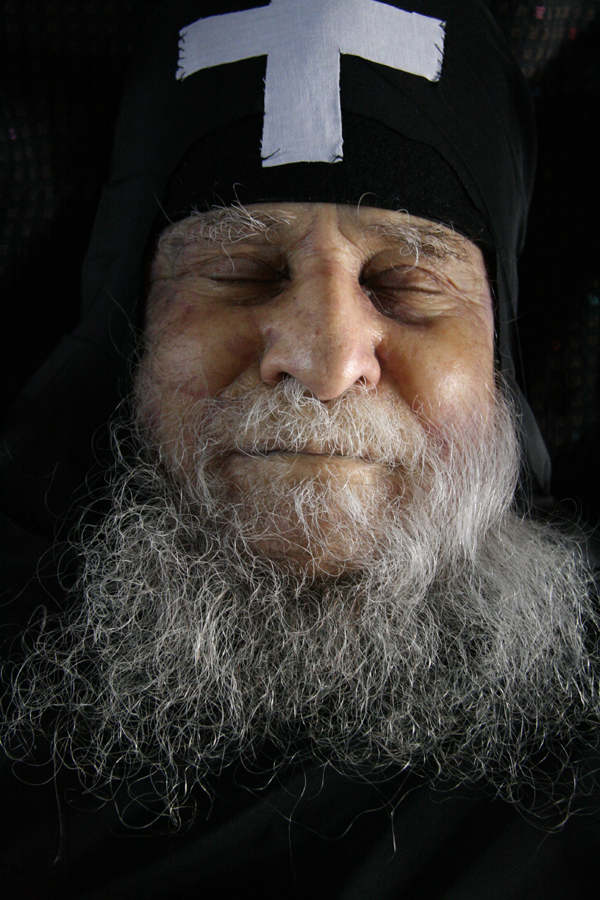Abbot of the Monastery of St. Silouan the Athonite-- Douma
“It will not be a long time before famine will begin in the world, brought on by painful, unfortunate events in every place."
I do not know if he meant that the last days are upon us but that is exactly what occurred to us as he spoke!
The year after he said this, the world economic crisis began and it appeared that in the entire world, delusional affluence - except for a tiny minority - has seen its last days and that the time of scarcity may have come, leading to destitution and hardship and arriving at a state of bewilderment and then famine. Since then, crises on every level have succeeded each other at an unusual pace, aside from the limited recoveries we hear about here and there, perhaps due to the surplus that was abundant prior to the current worldwide decline. The movement that is observed is generally one of violence and wantonness, whether among people or in the environment. It is as though we have no clear exit from the recession and there is no evidence of an end to it in the foreseeable future. The impoverished increase in numbers while the well-off dissipate in risky investment ventures. The rest sit in fear for their possessions.
Between the helplessness of the needy and the caution of the moneyed, after what has been left by the world economic crisis and the resulting enormous losses, oppressive debts, tragic bankruptcies, and consequent general layoffs of employees and workers and massive unemployment, the brakes were pulled on the economic wagon and it was largely prevented from moving. During all this, the natural order has increasingly been shaken, causing disasters the like of which have not occurred in a long time. Man’s avarice has corrupted the balance of the earth, the sea, and the air to a significant degree. Now the spirit of avarice remains, even if it is like a sleeping beast in the souls of many, and the earth and the heavens are seemingly reacting almost spontaneously. What next?
Man has tasted this number of varieties of selfish freedom and self-worship. He no longer desires or is capable of repentance – that is, of a change of mentality and behaviour. For him repentance is identical to death. For this reason he starts to live off of his fantasies, his dreams, his self-esteem, his accomplishments, and his cravings until death. He sees that he is approaching an unstable precipice and he is unable to stop before it, and he doesn’t care! He has become addicted to himself and death has become less painful than resisting his addiction. In letting loose his passions, his will to live starts to die. Death becomes life for him, and he has no other life!
The Lord gives Himself freely to the one who asks, not to the one who does not ask!
If mankind does not repent with the repentance of Nineveh, they are susceptible to disasters that they caused and wars that they brought upon themselves. Can they continue in their transgression to the point of complete delusion and despair, or will they repent? We do not know how the great days of tribulation will be. One who has drank deeply of the pleasure of the passions generally mocks a chaste life enjoying ordered passions. His conscious is inversed. For him, life becomes death and death life!
This is what sin does to man! The danger of sin to one who persists in it over and over is to provoke in his soul despair over life. For him life without sin becomes death, flavorless.
The final thing that man consumes is himself and his desire, as though he longs for nothingness! You are of dust, O man, and to dust you return. Sin is a movement toward nothingness within existence. Thus through his persistence in sin from nothingness in existence, man is transported to black existential emptiness. This is the second death that the Book of Revelation speaks about. This is hell.
Hell is not created by God. It is man’s creation. The end result of human choices is not a divine punishment!
And I saw a new heaven and a new earth: for the first heaven and the first earth passed away; and there was no more sea” (Revelation 21:1)!
|

